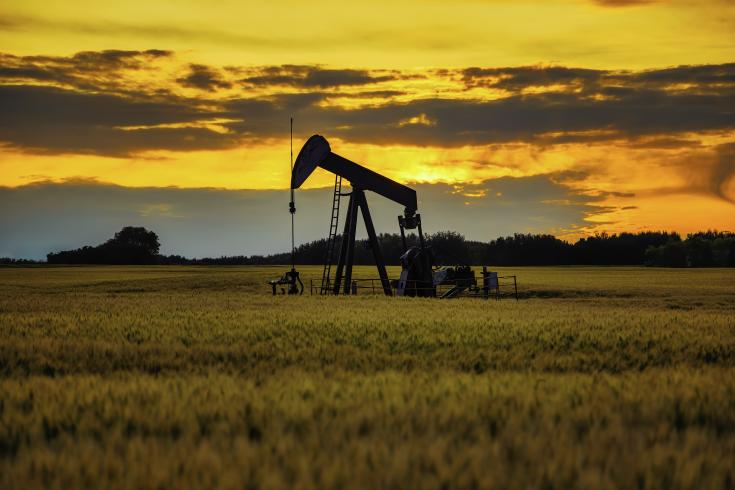REPowerEU: Joint European Action for more affordable, secure and sustainable energy
In response to Russia’s invasion of Ukraine, the European Commission has proposed a new strategy to boost Europe’s energy independence. The main aim of the plan, called REPowerEU, is to make Europe completely independent from Russian fossil fuels by 2030. It received backing from the European Heads of State in the Versailles Declaration of 10-11 March.
In the short term, a set of emergency measures were also announced to replenish gas stocks for next winter and reduce EU demand for Russian gas by two-thirds before the end of the year. In the long-term, even greater efforts will be made to rapidly increase the use of sustainable energy.
Emergency measures
To counteract imminent concerns about supply shortages and energy poverty due to escalating prices, the Commission announced an initial set of emergency measures.
Legislation will be passed requiring underground gas storage across the EU to be at least 90% full by 1 October each year. This will be supported by monitoring and enforcement as well as solidarity arrangements between countries.
Member States also received additional guidance on the possibility to regulate prices and redistribute revenue from high energy sector profits to consumers. State Aid can also be offered to provide short-term support to companies affected by high energy prices.
Phasing out Russian fossil fuels
More broadly, the REPowerEU plan sets out a vision to completely phase out Europe’s dependency on Russian gas, oil and coal imports as soon as possible. The plan is based on two pillars:
- Diversifying gas supplies: The Commission foresees an increased role for Liquified Natural Gas (LNG) and other pipeline imports from non-Russian suppliers. Increased production and diversification of renewable hydrogen and biogas is also anticipated, with a target to double biomethane production to 35 billion cubic metres (bcm) by 2030;
- Accelerating renewables and energy efficiency: The Commission has called for full implementation of the Fit for 55 proposals to boost energy efficiency, which would lower gas consumption by 30% by 2030. In generation, the Commission advocates for more solar and wind power and aims for 10 million heat pumps to be installed in the next five years. To facilitate this a ‘Recommendation on fast permitting for renewable energy projects’ will be published in May.
Further details regarding the REPowerEU plan will be shared in May, when the Commission will present a more detailed plan of action. More information regarding this first announcement can be found in the Commission press corner, or via the official Communication.

